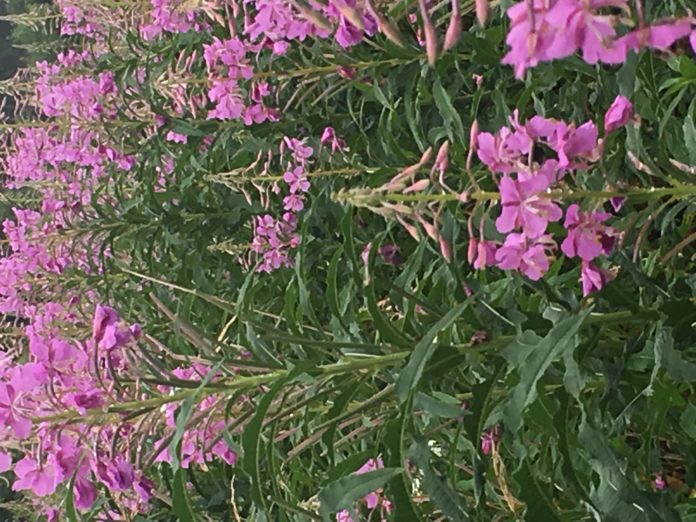Spectacular gardens tended with many hours of tender loving care have brought success to Durham City and County in the Royal Horticultural Society’s Northumbria in Bloom Competition declaring Durham overall winners and Champion of Champions. What a great accolade.
Chester le Street won Silver Gilt and won the Large Town Category and Stanley won the Silver Award in the Town category. Well done to all concerned.
Floral displays do lift the spirits and make our Towns and Cities more pleasing places to occupy, and of course they generate a lot of work for those involved in their maintenance and upkeep.
Domestic gardens bring joy to their owners and to those close by and people passing, in a busy life the sight of a beautifully kept garden can lift the spirits.
As we approach the Autumn equinox with the prospect of the clocks going back – they fall back in Autumn, the shorter days and in due course frosts, now is the time for gardeners to get out in their plots and tidy up. Why not use a bin liner or two and make your own compost from the leaf material? Place the leaf litter in a bag (not airtight) with some rotting agent, stash it behind the shed and in a year or two you will have beautiful compost – free.
Clear up fallen fruit. Wasps love fallen apples and will crawl all over them so be careful when collecting the wind falls, if not eating the apples compost them, make apple juice, or cider, or apple pies if you have cooking apples. Yum!
Prune and tidy up shrubs, cut them back to allow fresh growth next year, please don’t burn brush or leaf piles as Hedgehogs may be in residence.
Buy and prepare to plant next year’s floral bonanza. Most Spring flowering plants, Daffodils, Crocuses and Tulips, need to be planted during Autumn – before the frosts start, as do most shrubs and trees. Plants grown in containers can be planted most of the year but Autumn is best generally for a good display next year.
Remember our furry friends, the feathered ones too, try and make the garden wild life friendly by allowing easy access between gardens – a gap in the fence for Hedgehogs, water available for birds, and ponds for frogs for example. And, please get rid of the slug pellets as they are lethal to the animals and birds that predate on the slugs and snails.
The Royal Horticultural Society and RSPB, have advice on line for people wanting to know about how to make gardens wildlife friendly.
Check out local garden centres, and local Charity organisations that may sell plants, and see what they have or will have available over the next few weeks and plan for a Prize Winning garden in 2017.
Gardening is fun and stress relieving and because it requires a great deal of patience that makes it all the more enthralling.
Can’t be bothered with all that digging and growing? The Durham Botanical Gardens, the lungs of the City, is there for non-gardening garden lovers giving them the opportunity to enjoy the best of both worlds.


























